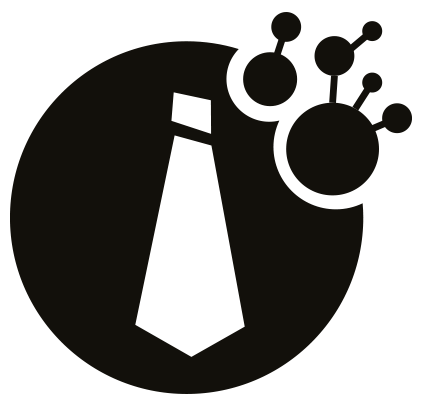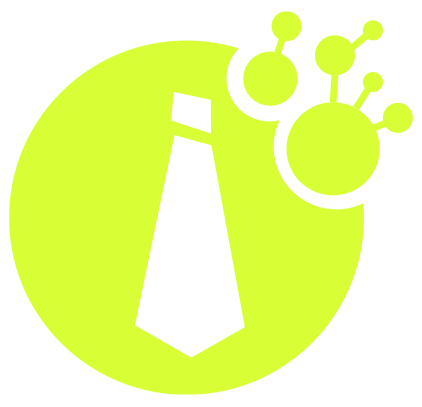Marketing has evolved significantly over the years, adapting to new technologies and consumer behaviours. A common and extremely incorrect view is that selling and advertising alone define marketing. Although these activities are part of the marketing mix and were often the most visible outputs measured, they represent only a fraction of the broader marketing process.
Modern marketing extends far beyond promotional efforts. The expanded marketing mix encompasses a comprehensive range of strategic and tactical functions, including auditing & analysis, planning, product development, packaging, pricing, distribution, customer service, and performance evaluation.
How We View Marketing

Who Does What?
Many organisations and businesses assign responsibility for these marketing functions to a dedicated marketing manager or a specialised team of creative professionals. These teams often consist of brand and product managers, marketing researchers, sales representatives, advertising and promotion managers, pricing specialists, and customer service personnel.
A Marketer typically serves as a bridge between the customer and the organisation, assuming roles such as Strategic Partner, Guide, Deliverer, Communicator, Co-ordinator, Negotiator, and Customer Voice.
Key responsibilities within a marketing role include:
- Understanding the economic and competitive features of a sector
- Identifying target markets and segments within them
- Developing and implementing appropriate marketing strategies
- Commissioning, interpreting, and acting on market research
- Monitoring competitors and anticipating strategic responses
- Innovating through new product development
- Evaluating customers’ brand experiences
- Conducting environmental scanning for opportunities and threats
- Analysing organisational strengths and weaknesses
- Creating and maintaining a sustainable competitive advantage
- Defining long-term brand positioning and strategies
- Creating and executing marketing plans aligned with organisational goals
- Implementing management information systems to track progress
What does marketing achieve?
As a managerial process, marketing determines an organisation’s best market opportunities based on its objectives and resources. The managerial philosophy centres on customer satisfaction as the key to gaining and retaining customer loyalty.
However, the rise of AI is transforming the marketing landscape. Increasingly, AI agents will handle the bulk of procurement tasks, shifting the focus of marketing strategies. Marketers will need to adapt by learning how to market to AI systems, ensuring their products and services meet the criteria and algorithms used by these digital buyers. This means understanding how AI makes purchasing decisions, what data it prioritises, and how to influence those parameters effectively.
Therefore, Marketers must not only ensure their organisations gauge and exceed customer expectations but also optimise their strategies for AI-driven procurement systems. Achieving success in this evolving landscape requires that every area of an organisation understands both human behaviour and the algorithms shaping automated decision-making. Marketing cannot be confined to a single department; it must become an organisation-wide priority with a dual focus on human and AI audiences.


